Let’s face it, we all carry some baggage from past relationships. How we’ve been hurt in the past can become part of how we decide what we believe about ourselves, our worth, and what we can expect from a relationship. It’s not uncommon for people to feel damaged or hurt after an abusive or failed relationship—and that trauma can live on past its effective expiration date. And that’s true even if the only past relationships you’re drawing from are those with friends and family.
It’s no surprise that convincing ourselves we are damaged keeps us feeling damaged, which in turn causes us to question whether it’s even possible to be happy or fulfilled. The truth is we are all perfectly imperfect, and we continue to have opportunities to learn, grow and change. Healing from a relationship trauma is a necessary step in moving forward.
Whatever type of historical relationship trauma you’ve experienced—and we’ve all experienced it, at one time or another—the healing process includes the following three important steps for recovery:
Step 1: Consider what you’ve gained
All past relationships, no matter how fabulous or terrible, include experiences that we can learn from and use to move forward, stronger and better. This is a direct challenge to the feelings of loss, which are usually the first ones we feel, after the end or significant change in dynamic of a relationship. It may be necessary for you to grieve about what you’ve lost, but too much “soaking in it” can cause you to remain in place, rather than moving ahead. At a certain point, it’s time to reframe things. Sometimes the gain comes from just gaining more experience in a relationship.
Step 2: Consider what you’ve learned
Perhaps you learned that there are certain characteristics in a partner that don’t mesh well with your personality. Or maybe you learned more about yourself: that you have parts of yourself you would like to change. This step requires some self-exploration and willingness to find ways to make positive changes in your life. It’s an an opportunity to learn whether the characteristics or behaviors—both yours and your partner’s—are what you ultimately need and want in a relationship.
Step 3: Learn how to detach
The last step is the most challenging, but it can be the greatest catalyst to positive change. By turning what you’ve learned and gained into tools you can use in future experiences, you can detach from the past and move forward stronger and more resilient. This is the time to switch things up. Instead of focusing so much on your past relationships, now it’s time to focus on yourself and your needs. An important task is accepting that another new relationship is not necessarily going to solve the problems you experienced in your prior ones. Jumping too quickly into a new relationship, before you’ve fully healed from a previous one, can also put an incredible amount of pressure on a new relationship and can potentially even snuff things out, before they’ve begun to brighten your life.
One of the best ways to detach from past negativity is to invest in yourself. Remember: a new person or relationship is not going to fix what you feel is broken inside of you—only you can do that. A new and healthy relationship can provide a corrective experience that encourages personal growth, but the investment starts with the relationship with yourself. And by reconnecting with who you are, you offer the opportunity for others to do the same. Resist the temptation to worry about what’s next, and engage in activities that truly bring you joy.
As members of the LGBTQ community we have an additional task to consider when it comes to debunking our wrongheaded belief that healthy relationships are difficult—or might not even exist. Many of us have been hurt, targeted or discriminated against, because of who we are and who we love. It has only been recently that marriage has been recognized as legal for same-sex couples, which is a huge victory in acceptance and equal rights. But many of us have seen very few examples of positive LGBTQ relationships represented in the media or the community. Discrimination targeted at LGBTQ relationships has been an added challenge in our community.
Even so, the hardships LGBTQ people have historically endured have also forged an incredible inner resilience that we can tap. Resilience is one of the most powerful forms of strength, with the power to outweigh the feelings of damage that come from being hurt for just being who we are.
The good news is that things are changing—and quickly, too. This issue of Our Lives is dedicated to promoting and cultivating love in our community; it even includes a list of committed couples that prove that strong, loving relationships are indeed possible for those who are looking for them. There’s never been a better time to examine the messages you received over your lifetime from the various relationships you’ve experienced and decide what you want to keep and what you want to let go of. By focusing on what brings you joy, and by knowing more about who you are, you can create the context needed to build confidence to attach to others, and to lovingly re-attach to yourself.




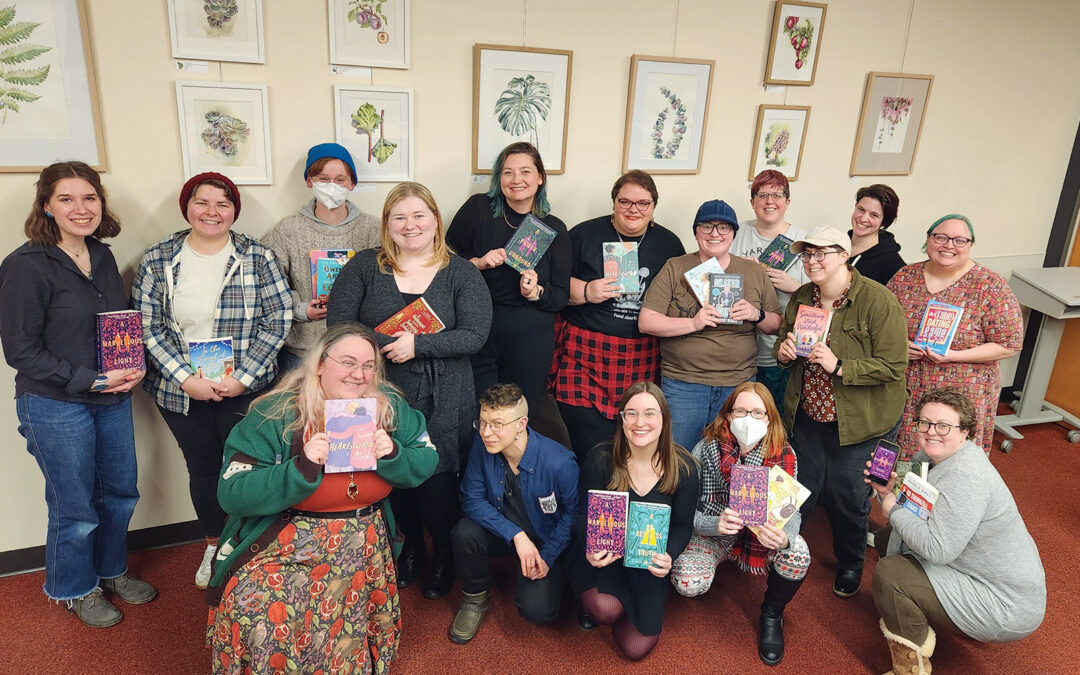
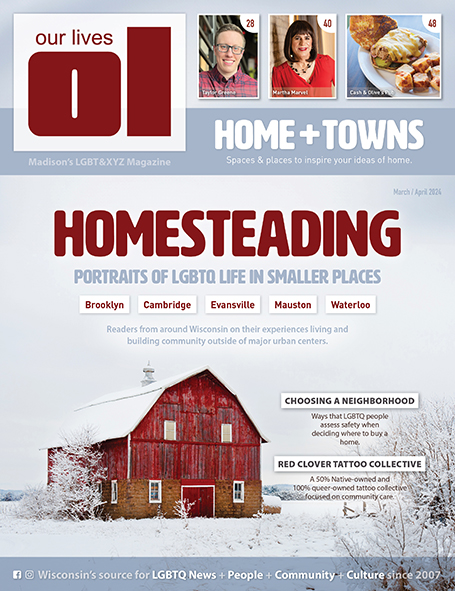
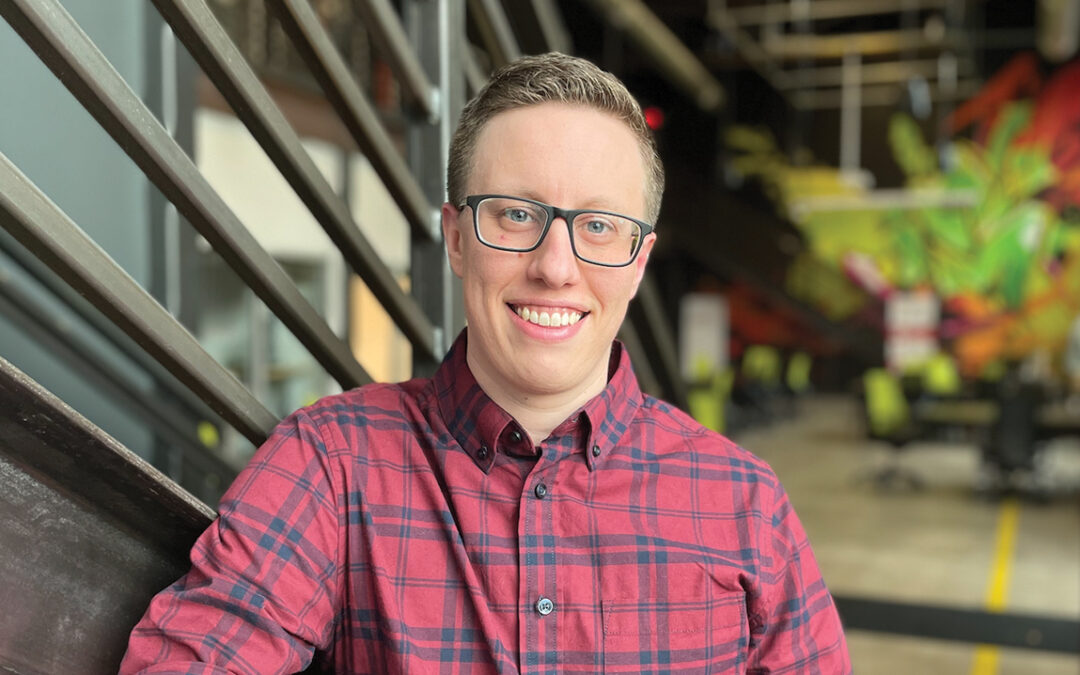
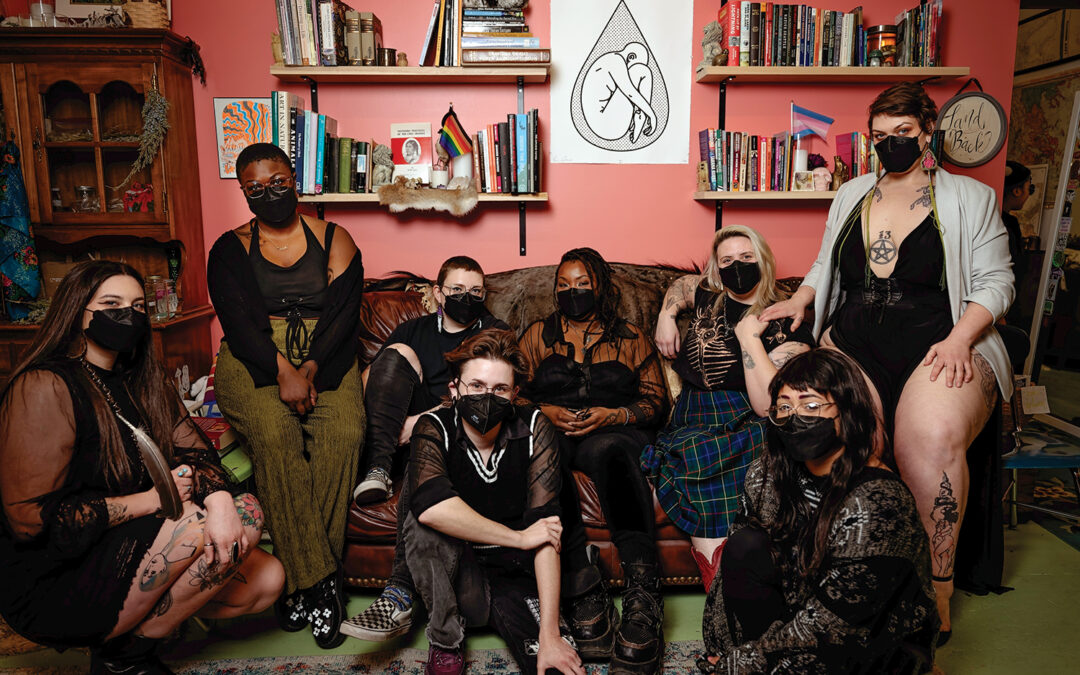
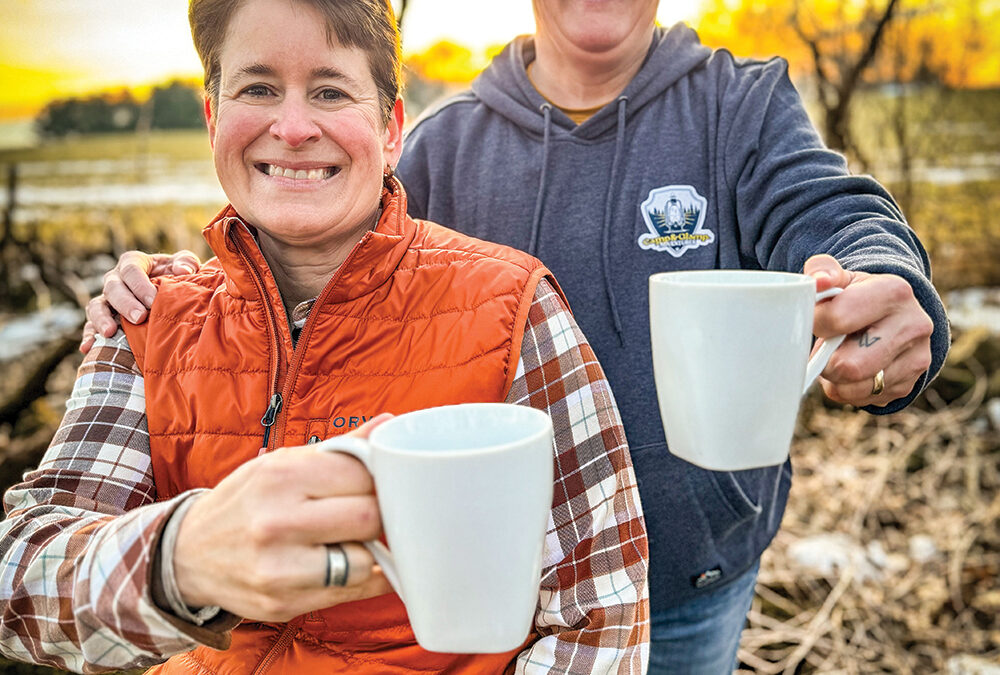
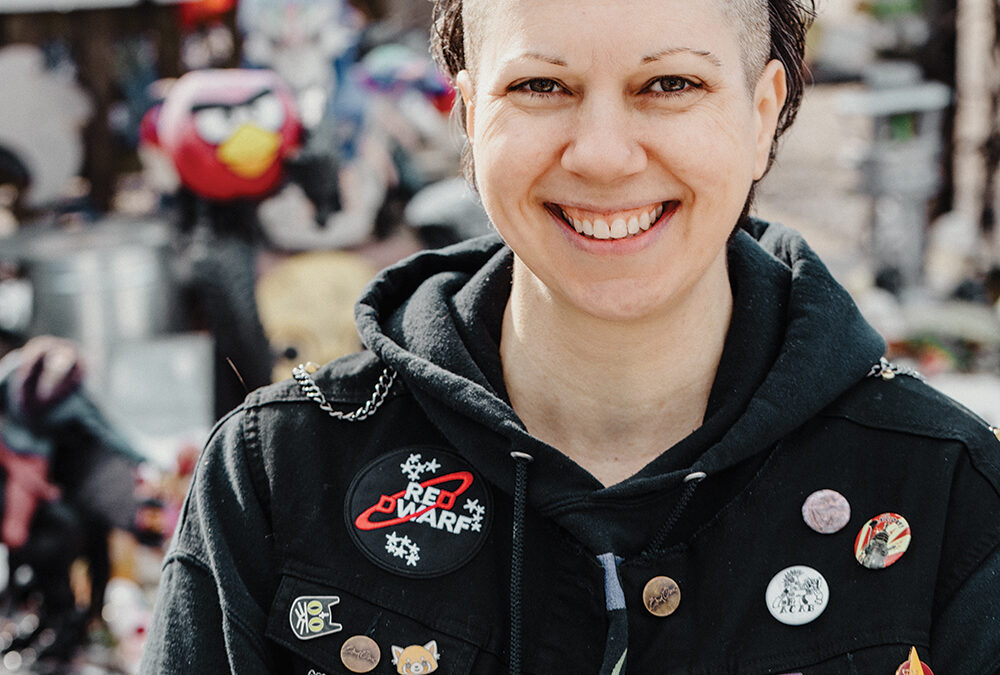
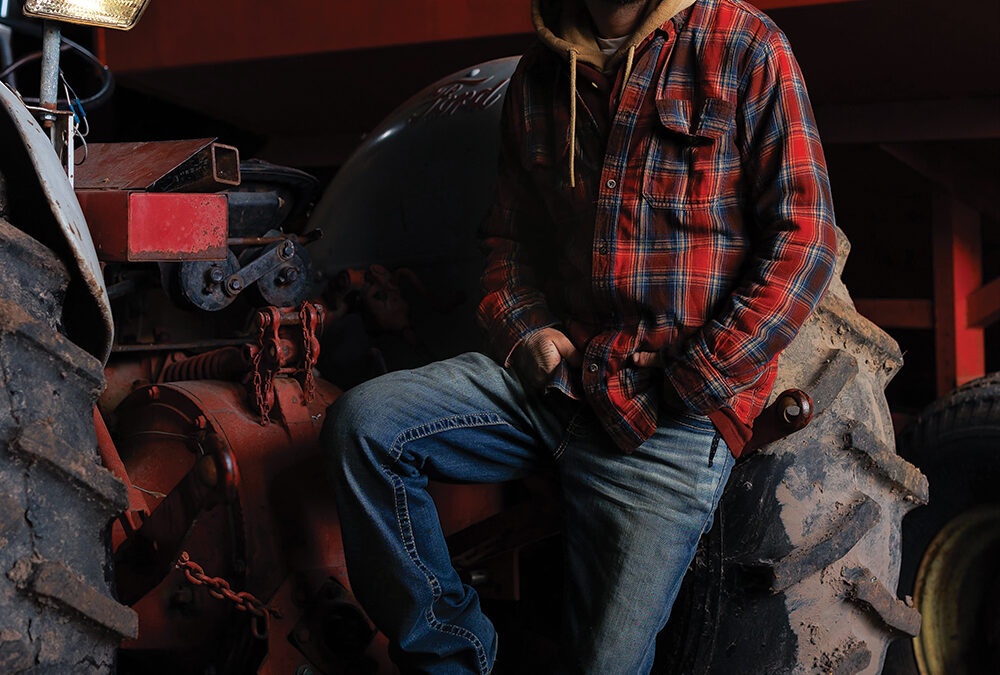
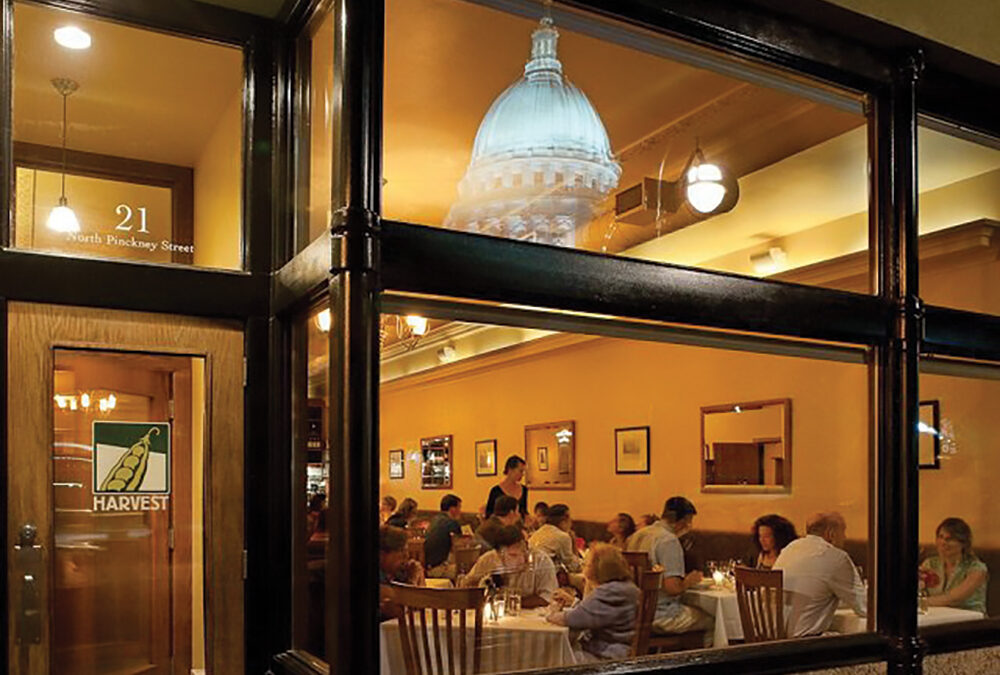
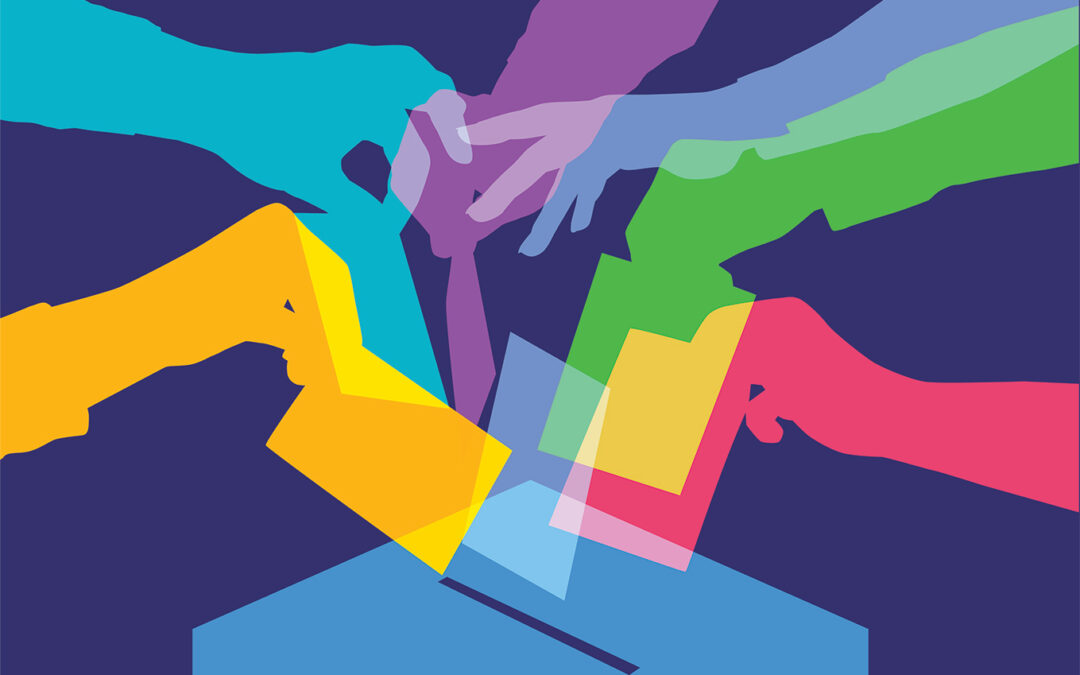
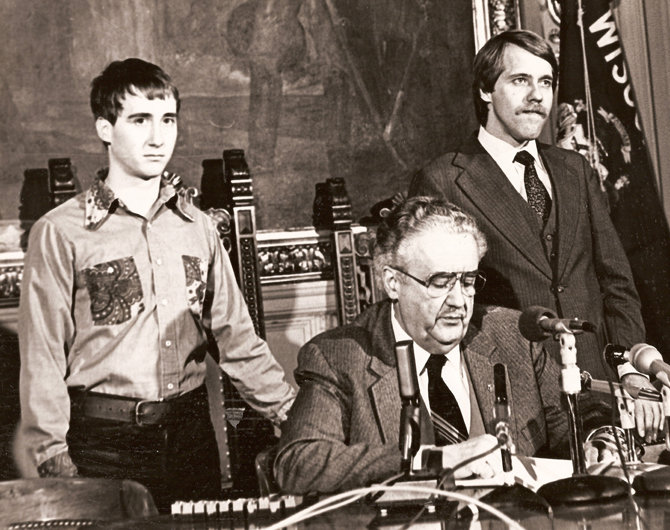










0 Comments